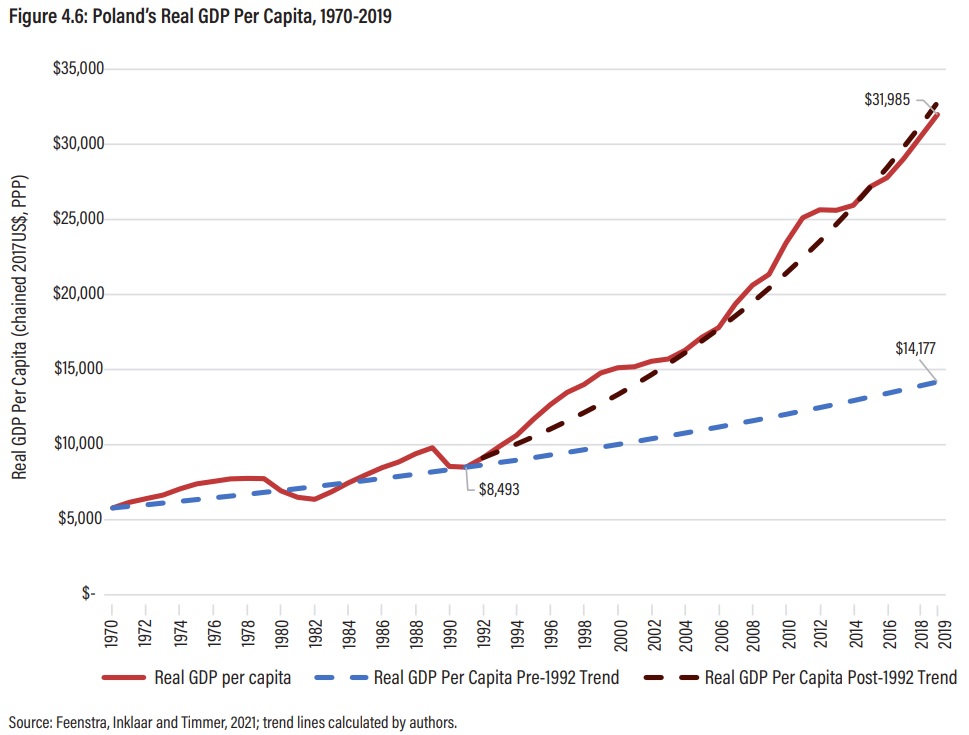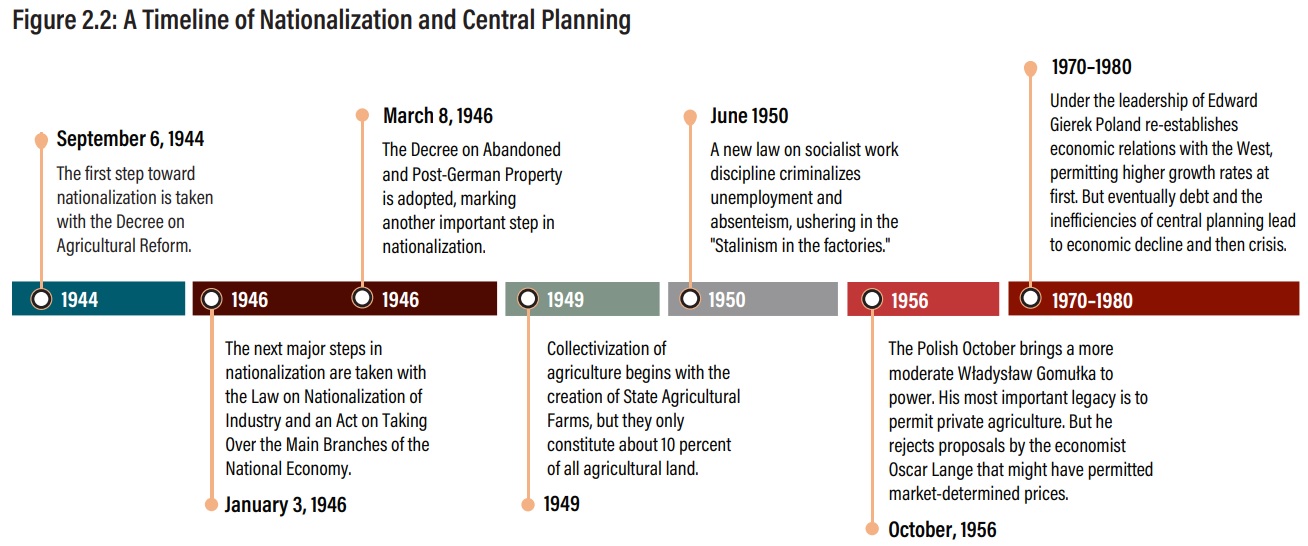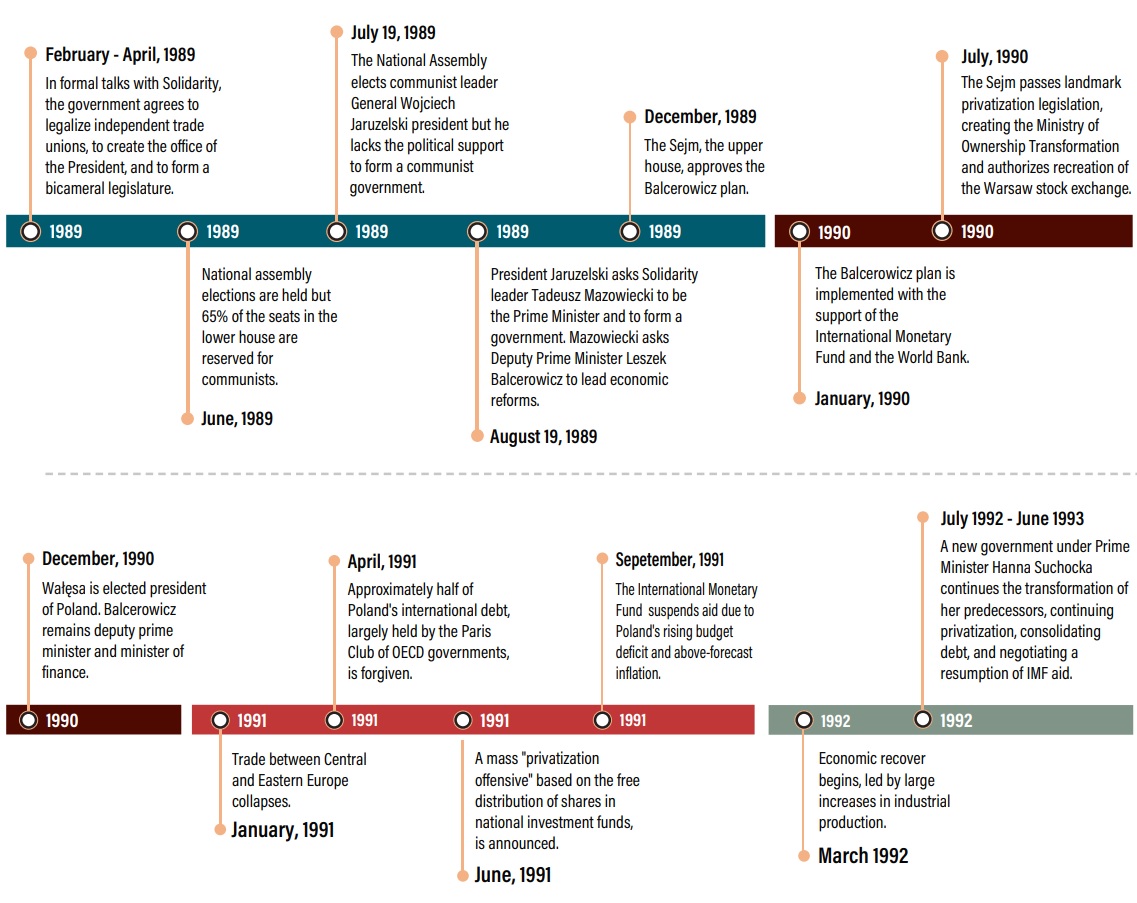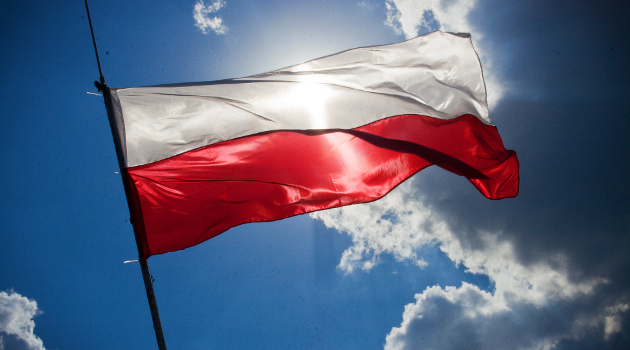I was surprised to learn last year that Poland’s economy has out-performed China’s economy over the past three decades.
Given the way free markets out-perform statism, I should have known this would be the result.
Today, let’s take a closer look at how Poland has recovered from socialism. And we’ll start with this chart showing much better economic performance after the early-1990s transition from communist control.

The chart comes from a new book, The Road to Socialism and Back, published by the Fraser Institute.
Written by Peter J. Boettke, Konstantin Zhukov, and Matthew Mitchell, it explains that Poland’s economy was stagnant after World War II because the Soviet Union imposed socialism. But the collapse of the Soviet Empire enabled Poland to adopt market-friendly reforms and the economy has since flourished.
For 45 years, the Polish people were the subjects of a grand national experiment. …unquestionably a negative result experiment. …the Polish economy stagnated. While real incomes grew at a sluggish pace, shortages of necessities—meat, electrical appliances, even toilet paper and sanitary napkins—were endemic. …In time, the system collapsed in on itself. Weighed down by foreign debt, hamstrung by corruption and privilege, stagnating under sluggish growth and spiraling inflation, and stalked by the ever-present threat of mass shortages, the economy fell apart… Under the leadership of Minister of Finance Leszek Balcerowicz, the nation embarked on a bold plan to transform itself back into a mixed economy. …once growth resumed, real per capita GDP grew at more than twice its pre-reform rate. Shortages that had plagued the economy for decades disappeared within weeks. Hyperinflation was tamed. Living standards—and even life expectancy—rose.
The authors do not claim Poland is a laissez-faire role model. Indeed, some of the latter chapters point out that the country still has an excessive burden of government and other sub-optimal policies.
But a key message from the book is that Poland’s economy is now much stronger since it gets about a 7 (on a 1-10 scale) from Economic Freedom of the World. That’s not a a great score, but it’s much better than a score of 4, which is where Poland was during the communist era.
I’ll close by observing that the book is filled with details on how socialism was imposed in Poland.

And it is filled with details on how Poland extricated itself from those wretched policies.

P.S. People can make a difference. The book repeatedly cites the critical role of Leszek Balcerowicz, who served as Deputy Prime Minster, Finance Minister, and head of the central bank. I’ve cited some of his research in other columns (see here and here).
P.P.S. I wrote in 2017 how socialism followed by reform caused Poland to diverge and then converge with Spain. I guess that means Poland counts as a former member of the anti-convergence club?
———
Image credit: Kaboompics.com | Creative Commons Zero (CC0) .


